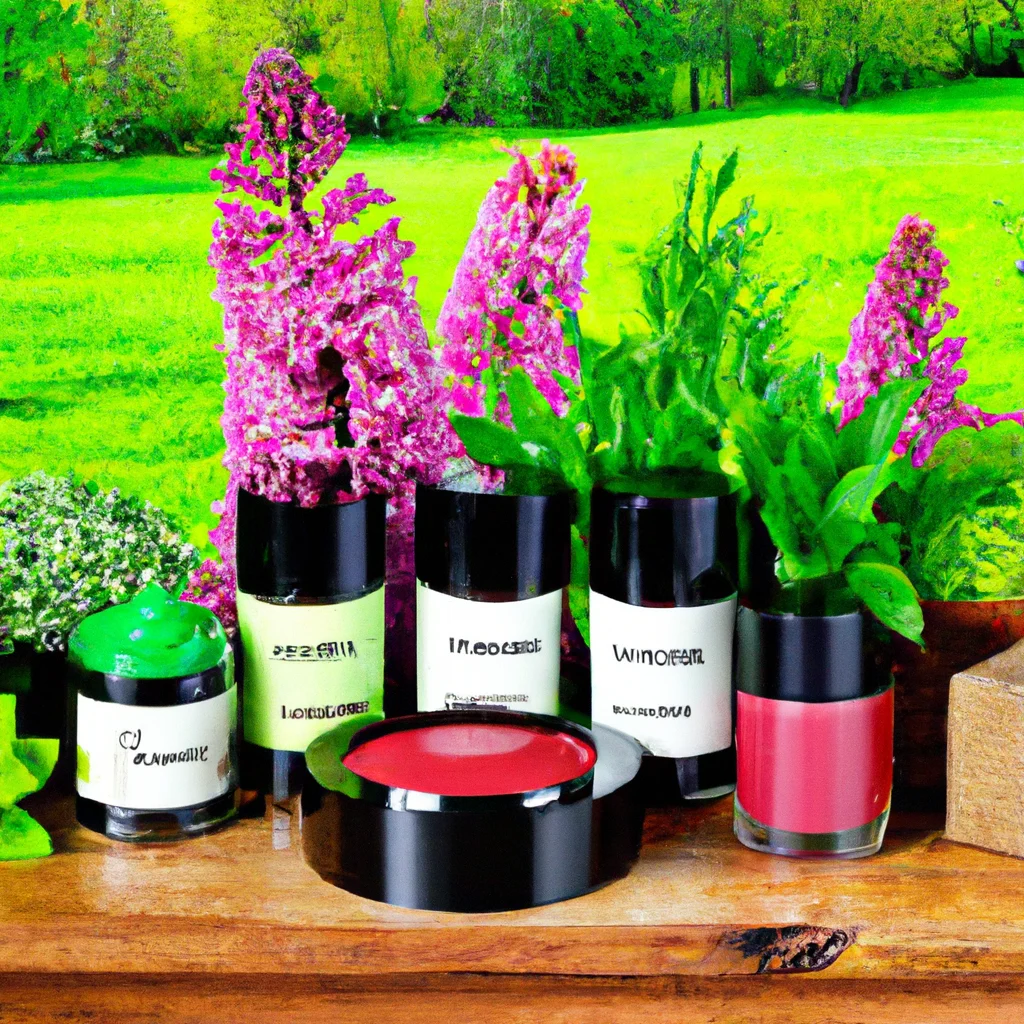In recent years, the cosmetics industry has witnessed a significant shift towards cruelty-free and vegan products. In Canada, this trend is not just a passing phase; it represents a fundamental change in consumer preferences and ethical considerations. The rise of vegan cosmetics is not only a response to environmental concerns but also a reflection of a growing awareness of health and safety standards in beauty products.
Understanding Vegan Cosmetics
Vegan cosmetics are products that do not contain any animal-derived ingredients or by-products. This includes common substances such as honey, beeswax, lanolin, and collagen, which are often found in traditional beauty products. Instead, vegan cosmetics utilize natural and synthetic alternatives that are not derived from animals, making them suitable for a broader audience, including those who adhere to strict ethical standards or have allergies to animal-based ingredients.
The Ethical Appeal of Vegan Cosmetics
One of the primary reasons why vegan cosmetics are gaining popularity in Canada is the ethical implications associated with their use. Consumers are increasingly concerned about animal welfare and the conditions in which animals are raised and harvested for the beauty industry. By choosing vegan products, individuals can align their purchasing decisions with their values, supporting brands that prioritize humane treatment of animals.
Transparency in Ingredient Sourcing
Transparency in sourcing ingredients is another significant factor driving the demand for vegan cosmetics. Consumers today want to know where their products come from and how they are made. Vegan brands often provide detailed information about their ingredient sourcing, manufacturing processes, and ethical commitments, which can foster trust and loyalty among consumers.
The Health Benefits of Vegan Cosmetics
Beyond ethical considerations, vegan cosmetics often offer health benefits that appeal to a wide range of consumers. Many traditional beauty products contain synthetic chemicals that can irritate the skin or cause allergic reactions. Vegan cosmetics typically focus on using natural ingredients that are less likely to cause adverse reactions, making them an attractive option for individuals with sensitive skin.
Free from Harmful Chemicals
Vegan cosmetics are often free from harmful chemicals such as parabens, sulfates, and phthalates. These substances have been linked to various health issues, including hormonal disruptions and skin irritations. By choosing vegan products, consumers can minimize their exposure to potentially harmful ingredients, promoting overall skin health.
Environmental Considerations
The environmental impact of the cosmetics industry is significant. Traditional beauty products often involve environmentally damaging practices, including deforestation, pollution, and excessive waste. Vegan cosmetics, on the other hand, tend to prioritize sustainable practices. Many vegan brands utilize eco-friendly packaging, source ingredients responsibly, and focus on reducing their carbon footprint.
Reduction of Carbon Footprint
By opting for vegan cosmetics, consumers can contribute to a reduction in the carbon footprint associated with the beauty industry. The production of animal-derived ingredients often involves intensive resource consumption, including land, water, and energy. Conversely, plant-based alternatives typically require fewer resources, making them a more sustainable choice.
Market Trends in Vegan Cosmetics
The Canadian market for vegan cosmetics is expanding rapidly. As awareness grows and demand increases, more brands are entering the market, offering a diverse range of products. From skincare to makeup, the options for consumers are becoming more varied and accessible.
Consumer Preferences Shift
Surveys indicate a significant shift in consumer preferences, with many Canadians indicating a willingness to pay more for vegan and cruelty-free products. This shift is not just limited to younger generations; a wide demographic is now prioritizing ethical and health-conscious choices in their beauty routines.
Challenges Facing Vegan Cosmetics
While the vegan cosmetics market is flourishing, it is not without challenges. One of the primary hurdles is the perception that vegan products are less effective than their traditional counterparts. Many consumers remain skeptical about the performance of vegan cosmetics, believing that synthetic ingredients perform better.
Addressing Misconceptions
To counter these misconceptions, brands must invest in research and development to prove the efficacy of their products. It is essential to highlight the benefits of natural ingredients and provide consumers with evidence of their performance. Educating consumers through marketing and product demonstrations can help change perceptions over time.
Regulatory Landscape for Vegan Cosmetics in Canada
The regulatory framework governing cosmetics in Canada is evolving to accommodate the increasing demand for vegan products. Health Canada oversees the safety and efficacy of cosmetics sold in the country, ensuring that products meet specific standards. However, there is currently no legal definition for “vegan” in cosmetic labeling, which can lead to confusion among consumers.
Labeling and Certification
To address this issue, many brands seek certification from reputable organizations that verify their products as vegan. These certifications can help guide consumers in making informed choices and ensure that they are purchasing genuinely vegan products.
The Future of Vegan Cosmetics in Canada
As the trend towards veganism continues to grow, we expect the Canadian cosmetics industry to evolve significantly. With increasing consumer awareness, ethical considerations, and health benefits at the forefront, vegan cosmetics are poised to become a dominant force in the beauty market.
Innovations and New Product Lines
We anticipate a surge in innovations within the vegan cosmetics sector, including the development of new product lines that cater to various skin types and preferences. Brands will likely explore unique formulations that harness the power of natural ingredients to create effective and appealing products without compromising ethical standards.
Conclusion
In conclusion, vegan cosmetics represent a significant shift in the beauty industry, driven by ethical concerns, health benefits, and environmental sustainability. As consumers become more informed and discerning, the demand for vegan products will likely continue to grow. Brands that prioritize transparency, efficacy, and ethical practices will thrive in this evolving landscape. For those interested in high-quality vegan products that align with these values, we recommend checking out Nivax Lifestyle.


